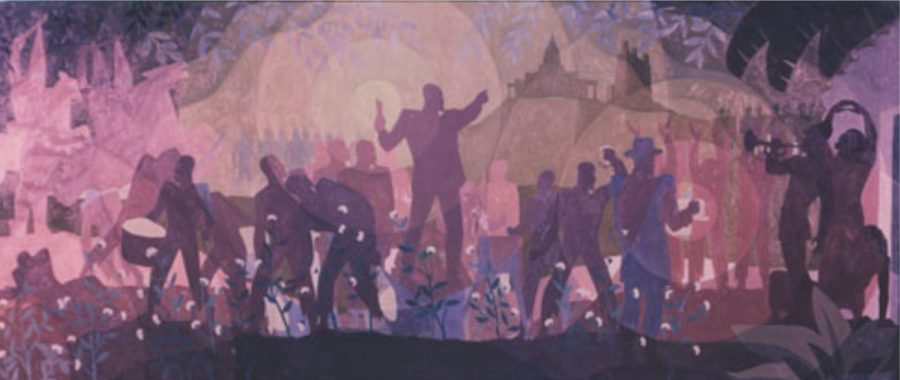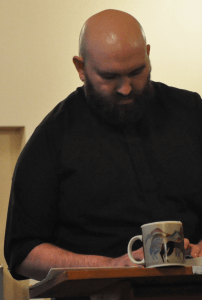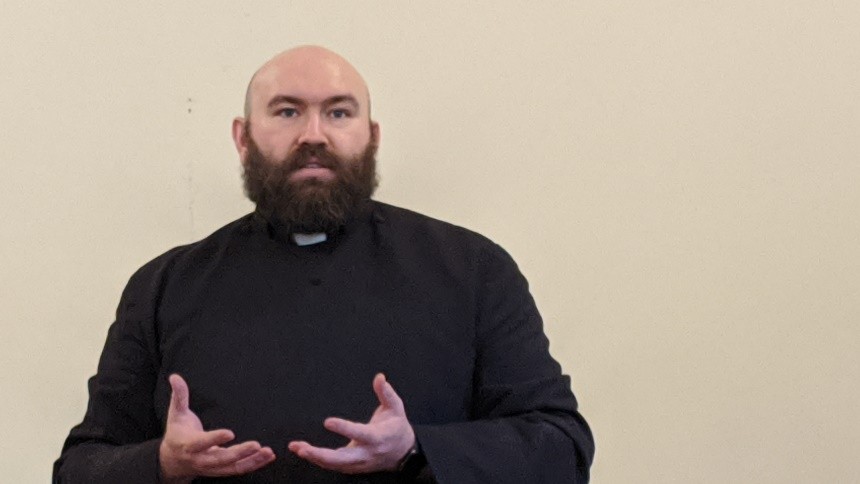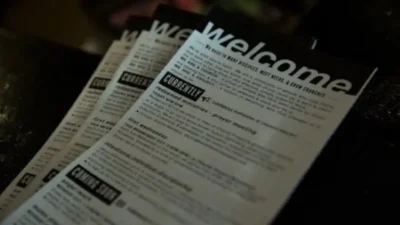This Sunday, August 25, 2019, we are marking as a larger church, 400 years since the first slaves were brought to what we now call the United States. To some, this might seem like a ghoulish thing to commemorate. Since there are better things that we could be talking about, some people may say, shouldn’t we just not acknowledge this, and starve it of attention? My short answer to this is no, and here’s why.

As author Ibram X. Kendi recently observed in his new book, How To Be An Antiracist, that ignoring racism in America allows racist ideas to flourish. Racism, white supremacy, and other causes born of hate do not shrivel in the absence of attention like green and growing things. They flourish in darkness, decrepitude, secrecy, and decay. What’s required is something that we ought to be familiar with, repentance and amendment of life. It’s that second part, amendment of life, though that seems to be always our hang up. It’s hard to imagine for us how our lives need to be amended. We had nothing to do with it, right? Well, not exactly. For nearly 250 years, people were held as property in this country, and used to create the first flowering of industry, of agriculture, and of wealth in the United States. Then for another 100 years, those same populations were used, but in different ways—treated as second class citizens, without rights or recourse, to continue to drive other parts of the population to thrive and the wellbeing of the nation of the system to continue to grow. It’s only in the last fifty years that that system has been officially changed, and is still implicitly challenged much of the time.

This is not something that’s simply going to go away anymore than a relative who makes inappropriate comments is gonna stop because those comments are ignored. So this Sunday we acknowledge, out loud, that the system in which we live, and for most, experience immense privilege in, is built on, fortified by, and and ingrained in slavery and it’s other faces, white supremacy and racism, and living in that system looks nothing like the Gospel of our Lord Jesus Christ and his Kingdom. We have this problem, one among many, and not addressing it will not make it go away—already tried that, and it hasn’t worked. We will try repentance, and amendment of life, and keep trying it. God knows it might actually work, with God’s help.

The Rev. Jed Fox
The Rev. Jedediah (Jed) Fox has been the rector of Church of the Redeemer since January 2015. Prior to being called to Redeemer, Fr. Jed served as curate and assistant at The Church of St. Michael and St. George in St. Louis, Missouri, and was a seminarian at the Church of St. Mary the Virgin while attending the General Theological Seminary. Fr. Jed was raised at St. Peter’s Cathedral in Helena, Montana.
You may contact Fr. Jed at rector@redeemer-kenmore.org.

Aaron Douglas
Aaron Douglas was an African-American painter and graphic artist who played a leading role in the Harlem Renaissance of the 1920s. The works used, from top to bottom, are the following:
- Into Bondage
- The Judgement Day
- Mural study
- Study for aspects of Negro life: From Slavery through Reconstruction
- From Slavery through Reconstruction

Church of the Redeemer
Welcome to Church of the Redeemer: Worshiping God, living in community, and reaching out to the world. We are an Episcopal Church serving north King County and south Snohomish County, Washington. As you travel your road, go with friends walking the way of Jesus at Redeemer.
Church of the Redeemer is at 6210 Northeast 181st Street in Kenmore, Washington. We are a short distance north of Bothell Way, near the Burke-Gilman Trail. The entrance looks like a gravel driveway. The campus is larger on the inside than it is on the outside. And we managed to hide a large building on the side of a hill that is not easily seen from the street.
The Episcopal Church welcomes you.






